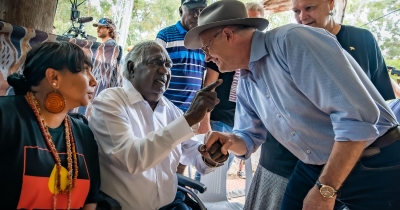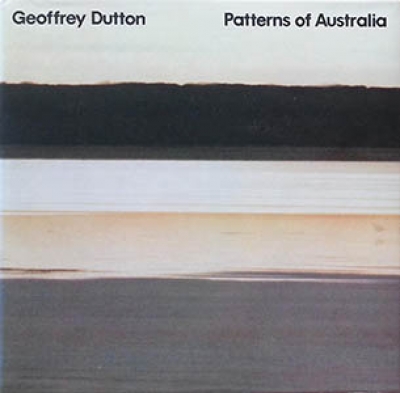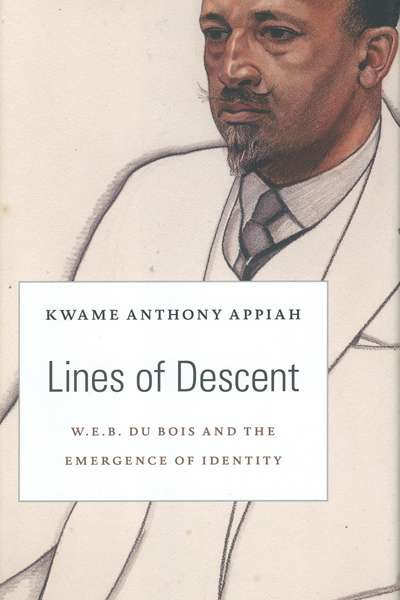Literary Studies
Mothers of the Mind: The remarkable women who shaped Virginia Woolf, Agatha Christie and Sylvia Plath by Rachel Trethewey
by Morag Fraser
Reading for this review I came across some apposite words by Jacqueline Rose, biographer of Sylvia Plath, cultural analyst and explorer of the lives and roles of women:




























